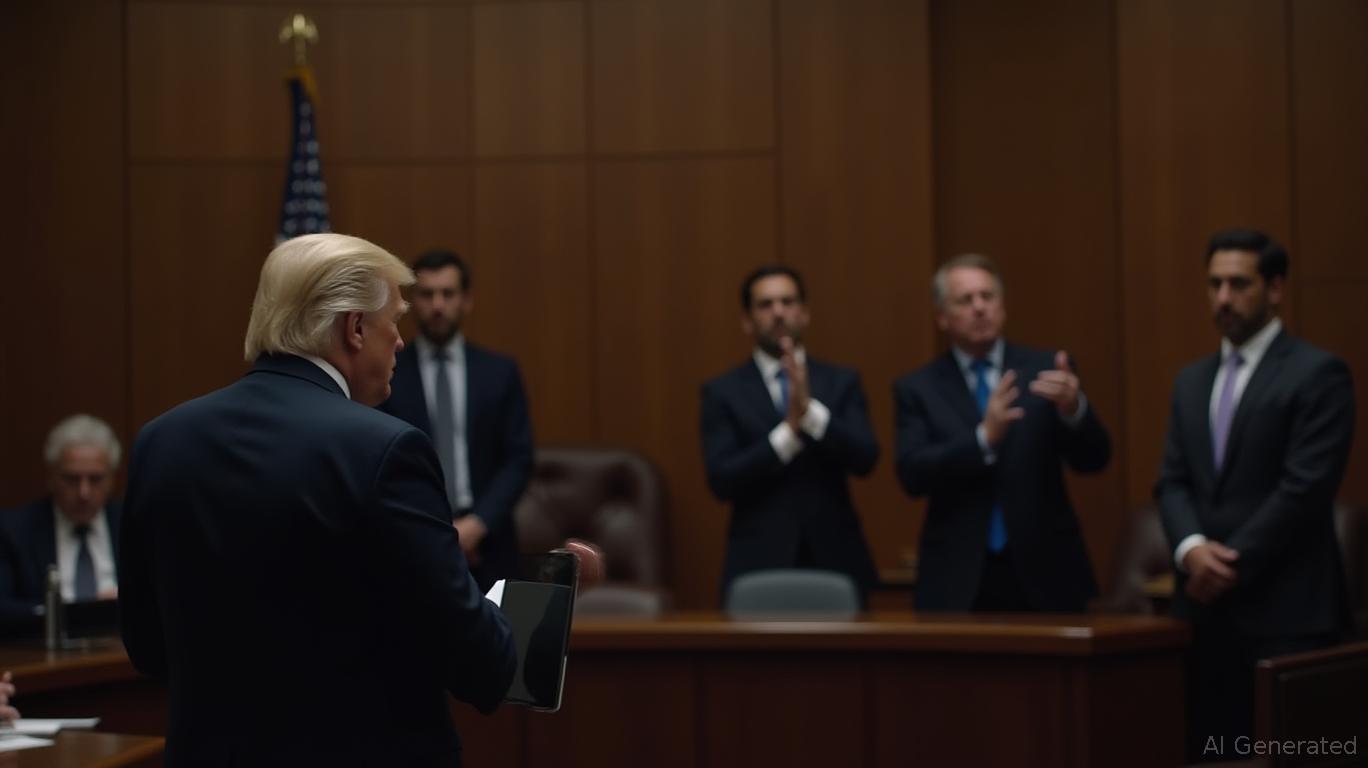Trump’s Crypto Clemency: A Bold Move for Progress or a Moral Dilemma?
The highly debated pardon of Binance founder Changpeng Zhao, also known as CZ, by President Donald Trump has sparked a nationwide discussion about ethics, regulatory oversight, and the direction of the U.S. cryptocurrency industry. Announced in October 2025, this move was part of Trump's larger agenda to establish the United States as a frontrunner in digital assets, a field he compared to artificial intelligence in terms of strategic value.

During a rare
The pardon has faced strong backlash from Democratic lawmakers and ethics watchdogs. Senator Elizabeth Warren condemned the action as a "disgraceful misuse of authority," arguing in
Those in favor of the pardon, such as the Blockchain Association and Coin Center, claim the decision encourages progress by easing regulatory ambiguity. The association reported that U.S. crypto companies experienced a 15% increase in investments following the pardon, reflecting renewed optimism in the industry, according to Coinotag. The Trump administration presented the pardon as a key part of its plan to compete globally, especially against China, which has imposed stricter crypto controls. "America must lead in crypto," Trump declared, highlighting his sons' involvement in digital assets as evidence of the sector's promise.
The political repercussions are still mounting. White House Press Secretary Karoline Leavitt stated the pardon followed a "comprehensive review," while Democratic leaders have demanded congressional probes into possible conflicts of interest. At the same time, the Trump Organization has insisted it played no part in the pardon, as noted by The Independent.
As the digital currency landscape shifts, this pardon highlights the complex relationship between technology, international relations, and presidential authority. With new legislative debates on crypto regulation approaching, this decision may shape how future leaders weigh innovation against responsibility.